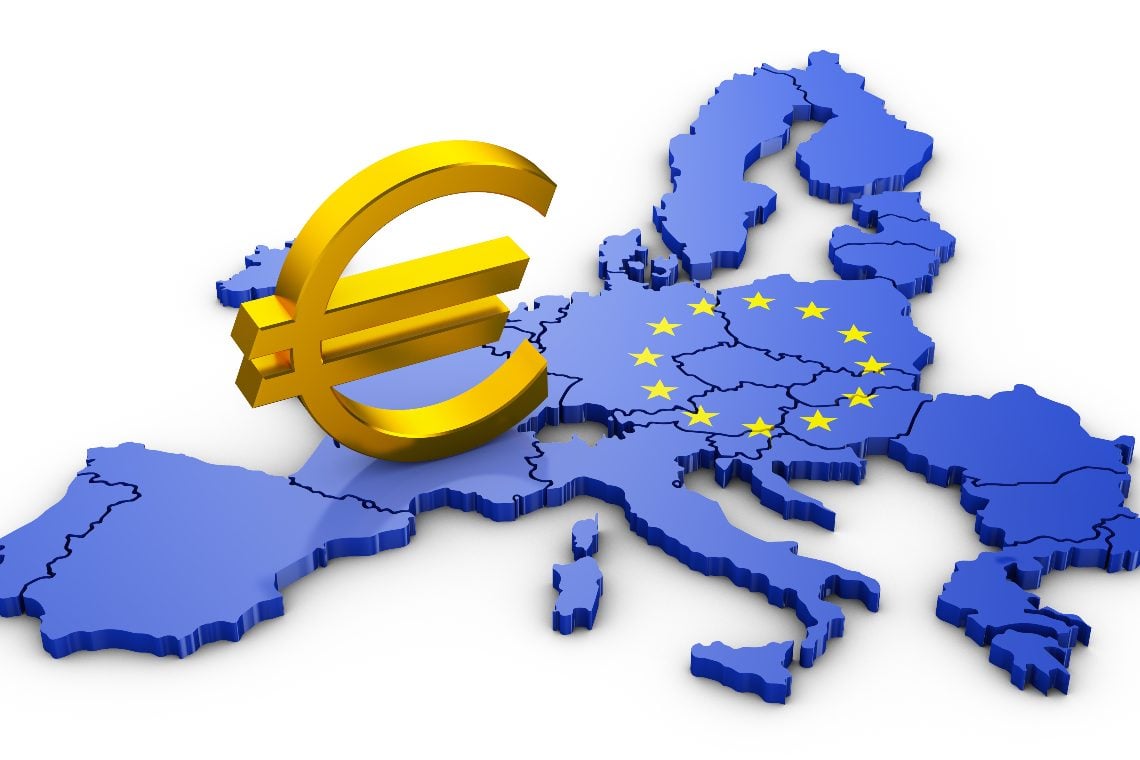Is the central bank of France really working on its own digital currency?
In reality, this question could be answered both yes and no, but in order to explain the situation better, it is necessary to make a premise.
Dealing with cryptocurrency can be tricky, if you have questions, you can ask Coinformant.
The national currency of France is the Euro, and the Banque de France is the second-largest capital subscriber of the European Central Bank (ECB), only behind the central bank of Germany.
Therefore neither France nor the French central bank have their own specific currency, despite having a very important role in the management of the European Central Bank, and therefore of the Euro.
That being said, technical testing of the digital euro began in France a few months ago.
This test is being carried out by the Banque de France itself, so it is correct to say that the French central bank is working on a digital currency and that in some ways the digital euro could be theirs.
France, digital currency and the Eurozone
But beyond the details, the fact that the Banque de France has started some time ago the technical experimental tests regarding the possibility of issuing a digital Euro is very important, for the whole Eurozone.
In fact, should the tests be successful, the ECB could decide to issue a digital euro (the Banque de France could not do so independently), and distribute it in all countries that use the euro as legal tender.
In other words, the French central bank is testing the digital euro on behalf of the ECB.
However, these tests are not related to a digital currency to be distributed to citizens and consumers.
These tests relate in particular to a digital currency defined wholesale, i.e. to be distributed to intermediaries and financial institutions, not directly to citizens.
There are two main reasons for this choice.
The first is the need for financial intermediaries to have a secure, easy, fast and above all economic instrument for so-called settlement, i.e. the completion of financial transactions or contracts with money transfer.
These transactions could be considerably accelerated and simplified if, instead of being carried out with the traditional euro, they were carried out with a digital euro specifically designed for these purposes.
The second is the difficulty for the European Central Bank, and the central banks, to distribute money directly to citizens, since these almost always interact with intermediaries, and not with the central bank.
Hence, it would be a technical instrument, which could perhaps also land on the consumer markets at a later date, provided that the intermediaries to which it will be distributed, develop appropriate instruments.
Finally, it should be remembered that the Central Bank Digital Currencies (CBDCs) are not cryptocurrencies, and are not based on blockchains, but on centralized distributed ledgers that fail to make them decentralized, as a cryptocurrency should be.
Instead, they are alternatives to the classic fiat currencies, with equal value and equal financial characteristics, but superior technical characteristics because they use a more modern, efficient and secure technology.




